Below we highlight some of the projects and initiatives led by members of UCL Anthropocene that address the urgent realities of the Anthropocene.
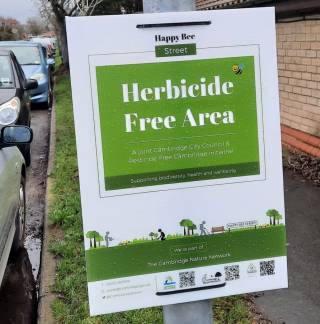
Dr Julia Shaw (Archaeology) and Professor Andrew Barry (Geography) are launching a project examining public attitudes towards urban ‘nature’. It considers intersections between recent community-led environmental activism, including the Pesticide-Free Towns movement, and changing policies and practices surrounding pest-control, and their wider impact, addressing the lack of emphasis on urban pesticides in ‘sustainability’, public health, and disability access rights discourse and policy. A pilot study in Cambridge this Spring draws on recent community-led environmental campaigns and consequent changes in local landscape-level and estates and facilities management policy.
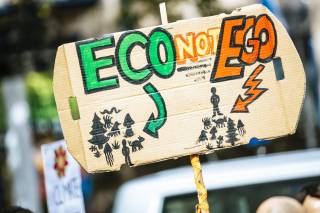
Research projects across Anthropology, Archaeology, Geography, and Political Science have been given funding of up to £2,500 from the Dean's Strategic Fund. The projects vary from podcasts to creative health initiatives within UCL to an investigation of the Covid-19 and protest dynamics in polarized societies.
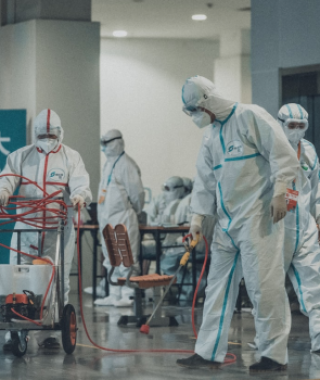
'Co-existing with Covid-19: Moving into the post-pandemic world with the social sciences' is an initiative from the UCL Medical Anthropology blog.
Following the success of the ‘Consciously Quarantined’ series, the team is now inviting submissions for their new, and ongoing, series ‘Co-existing with Covid-19’. They also encourage those who have already submitted to the ‘Consciously Quarantined’ blog series to repost for the new series, to provide reflections on these changes. Academics of any career stage, as well as those working outside of academia, should submit articles of 600-1200 words reflecting on life alongside Covid-19 from a social science perspective.
Please send submissions to Rebecca, Sahra, and Aaron with ‘COVID19 BLOG’ as the subject. Please include a short bio and 2-3 images in your submission. Find out more about submitting a story here.
PIMA (ended in 2016)
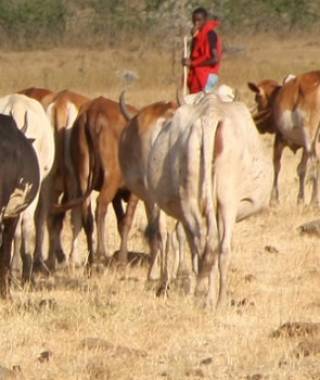
PIMA was a three-year interdisciplinary research project which aimed to discover how Tanzania's Wildlife Management Areas have changed people's lives and their effects on wildlife and the environment. Recent papers on the project:
- Women, wellbeing and Wildlife Management Areas. Journal of Peasant Studies, 2020.
- Impacts of Tanzania’s Wildlife Management Areas on household wealth. Nature Sustainability, 2019
- A quasi-experimental study of impacts of Tanzania's Wildlife Management Areas on rural livelihoods and wealth. Nature Scientific Data, 2018.
- Sharing data from the Ecosystem Services for Poverty Alleviation programme. Sci Data 5, 180137 (2018).
- Mark Blacksell Public Lecture Series. University of Plymouth.
SAVA (Socialist Anthropocene in the Visual Arts)
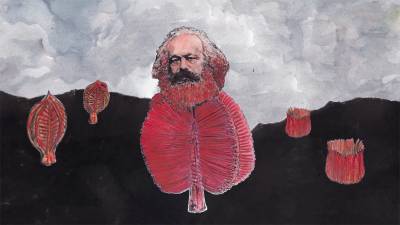
Socialist Anthropocene in the Visual Arts (SAVA) sets out to radically transform current critical debates around the Anthropocene, addressing the major lacuna in existing accounts by establishing the Socialist Anthropocene as a conceptual framework that asserts the constitutive role of the environmental histories and potentialities of Socialism in the formation of the new geological age. The project is led by Dr. Maja Fowkes (UCL Institute of Advanced Studies) and funded by UK Research and Innovation (UKRI) under the UK government’s Horizon Europe funding guarantee.
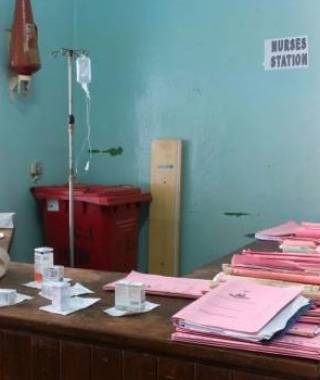
The project seeks to critically evaluate the history of what is viewed as an ‘epidemic’ of chronic and non-communicable diseases in sub-Saharan Africa and provide an historical account of the evolution of chronic and non-communicable diseases in Africa, going beyond a simple account of ‘transition’, and to contribute to wider debates on the nature of epidemiological change.
This project is funded through a five year Wellcome Trust Investigator Award held by Megan Vaughan at the Institute for Advanced Studies, UCL. The team works in an interdisciplinary mode, combining anthropological, historical and social science methods, in dialogue with colleagues in medicine and biological sciences. The work is inherently collaborative with colleagues in Ghana, South Africa and Malawi, in universities and beyond. They welcome enquiries from colleagues and health activists working in the field of non-communicable and chronic disease in sub-Saharan Africa.
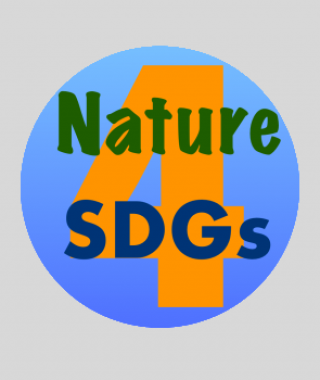
The Nature4SDGs project is a 2-year collaboration between academic institutions in UK, India and Sweden. They leverage multiple existing datasets on the relationship between nature and wellbeing, and how this varies for different types of people in varied parts of the Global South.
The aim is to support the delivery of Agenda 2030 by understanding trade-offs and synergies between Sustainable Development Goals (SDGs), and the challenge of sustainable development that leaves no-one behind.
 Close
Close

